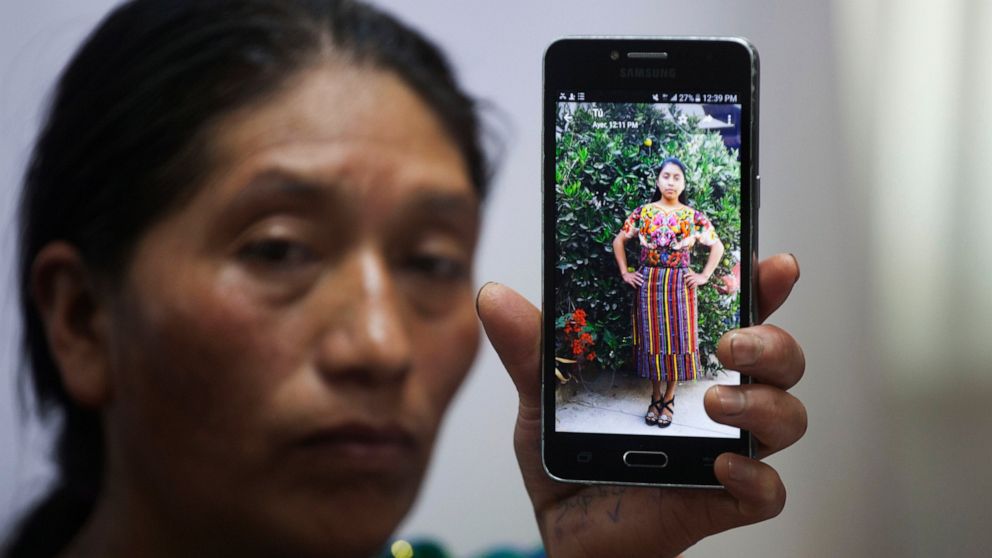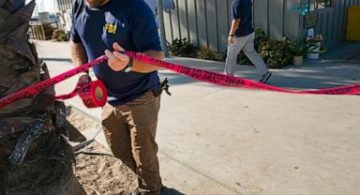
Advocates demanded $100 million in damages Thursday on behalf of the family of a 20-year-old Guatemalan woman who was shot and killed by a U.S. Border Patrol agent last year.
The legal claim on behalf of Claudia Patricia Gómez González was filed one year after she died. It comes as the U.S. government grapples with surging numbers of Central Americans crossing its southern border and the deaths of six children in the last year after being apprehended by border agents.
The American Civil Liberties Union of Texas filed the claim under the Federal Tort Claims Act as a precursor to filing a lawsuit.
Gómez González crossed the U.S.-Mexico border in Texas along with several migrants who were confronted by a Border Patrol agent, who opened fire and killed her.
The claim says Gómez González “posed no threat to anyone, as would have been obvious from the slightest glance.” The claim says she was unarmed and not fleeing as others in the group of migrants were.
It demands $50 million each for personal injury and what it says was Gómez González’s wrongful death.
“Her life was as valuable as anyone else’s, and her family deserves justice for their loss,” said Andre Segura, the group’s legal director. “Our government has a responsibility to treat everyone lawfully, humanely, and with respect regardless of how they came into this country.”
U.S. Customs and Border Protection, the Border Patrol’s parent agency, declined to comment Thursday. CBP’s initial statement on May 23, 2018, about Gómez González’s death said that the agent used his gun after being attacked by “multiple subjects using blunt objects.” The agency called Gómez González an assailant.
The agency revised its statement a day later to say Gómez González was “one member of the group” that rushed the agent and ignored orders to get on the ground. The statement said the agent fired one round.
The agent, who was not identified, was placed on administrative leave at the time. CBP declined on Wednesday to comment on the agent’s status or the claim being filed. George Altgelt, a lawyer for the agent, did not return a phone message.
Gómez González was from San Juan Ostuncalco, outside the western highland city of Quetzaltenango. Family members have said she studied forensic accounting and sought admission to a state university but failed to pass three admission exams. Living in poverty and unable to find work, she left for the United States.
More than 160,000 people from Guatemala were apprehended at the U.S.-Mexico border between October and April. At Gómez González’s wake, a woman said that many villagers had left for the United States looking for work.
“We are poor, there are no jobs. That is why people leave,” said the woman, Guadalupe Carreto.





